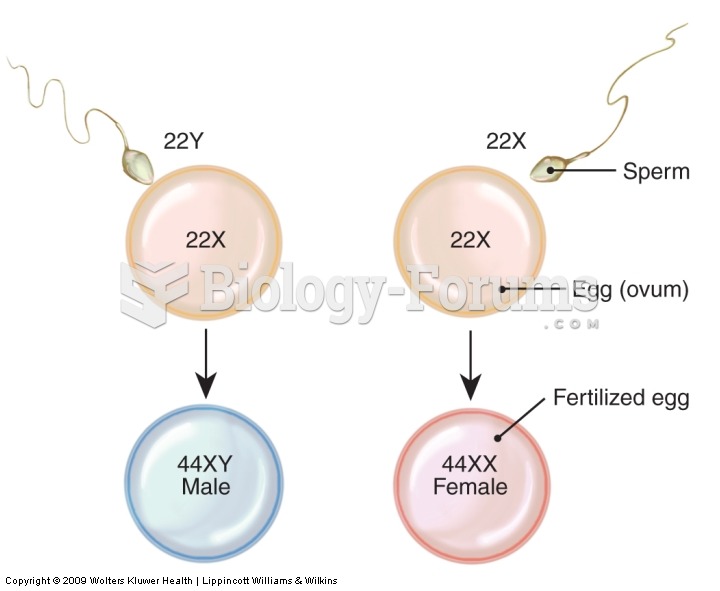This topic contains a solution. Click here to go to the answer
|
|
|
Did you know?
Coca-Cola originally used coca leaves and caffeine from the African kola nut. It was advertised as a therapeutic agent and "pickerupper." Eventually, its formulation was changed, and the coca leaves were removed because of the effects of regulation on cocaine-related products.
Did you know?
Vaccines prevent between 2.5 and 4 million deaths every year.
Did you know?
The first documented use of surgical anesthesia in the United States was in Connecticut in 1844.
Did you know?
Human kidneys will clean about 1 million gallons of blood in an average lifetime.
Did you know?
Approximately 15–25% of recognized pregnancies end in miscarriage. However, many miscarriages often occur before a woman even knows she is pregnant.







